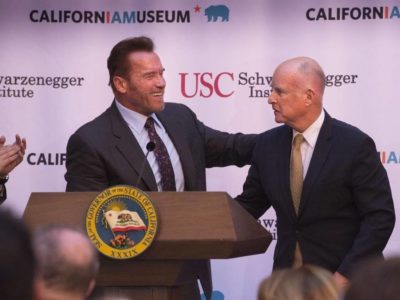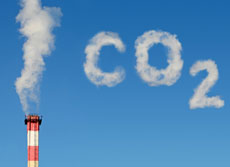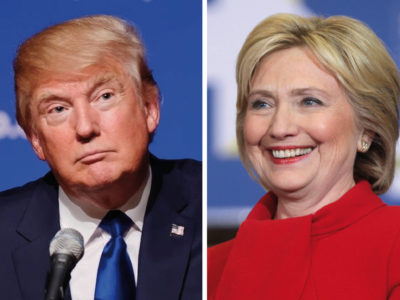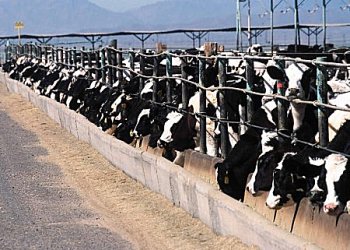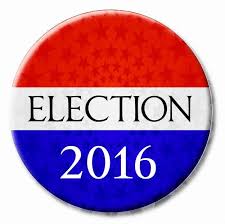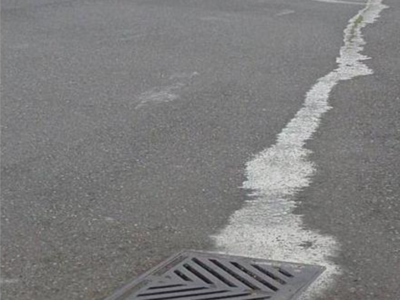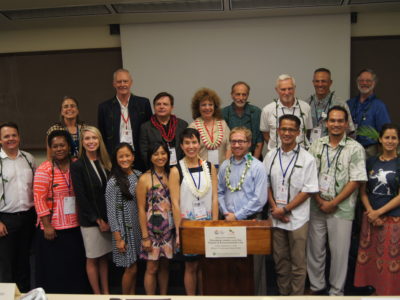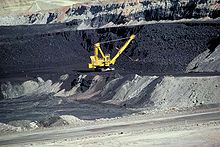General
Of Initiative Wars, Plastic Bags and Poison Pills
Deciphering California’s (Intentionally) Confusing Plastic Bag Propositions
California’s longstanding efforts to eliminate single-use plastic bags from the marketplace and the environment have finally reached California voters. The November 8th general election ballot contains a breathtaking 17 separate propositions–16 proposed initiative measures and one referendum measure. Propositions 65 and 67 both deal with the same subject–a proposed ban on single-use plastic bags. Those dueling measures …
Continue reading “Of Initiative Wars, Plastic Bags and Poison Pills”
CONTINUE READINGCutting HFCs under the Montreal Protocol — A few thoughts
Yup, international diplomacy is slow. One year ago, at their last meeting, the parties to the Montreal Protocol decided to proceed with negotiating an amendment to the treaty to limit HFCs. They negotiated that amendment in several sessions over the past year, and adopted it last Friday at the end of their 2016 meeting in …
Continue reading “Cutting HFCs under the Montreal Protocol — A few thoughts”
CONTINUE READINGCelebrating California’s Climate Change Leadership
State Government Leaders From Both Parties Celebrate AB 32’s Tenth Anniversary
In stark contrast to a dysfunctional national government and an utterly dispiriting presidential campaign, Sacramento, California was today the site of an inspirational, bipartisan celebration. Current California Governor Jerry Brown, a Democrat, and his predecessor, Republican Governor Arnold Schwarzenegger, joined past and present state legislative leaders to commemorate the 10th anniversary of California’s landmark Global Warming Solutions Act of 2006, better known as …
Continue reading “Celebrating California’s Climate Change Leadership”
CONTINUE READINGThe Impact of a Trump Presidency, in Tons of CO2
A Trump presidency would add 2.4 billion tons of CO2 to the atmosphere. At a minimum.
One of Trump’s pledges is to eliminate Obama’s Clean Power Plan. That wouldn’t be quite as easy as he thinks, but there’s little doubt that he could do so. So, how much difference would that make? The answer turns out to be 2,470,000 tons of additional carbon emissions. That’s a bare minimum; the actual added …
Continue reading “The Impact of a Trump Presidency, in Tons of CO2”
CONTINUE READINGEnergy Policies Worthy of Debate
Ten questions to ask Clinton and Trump about energy policy.
As we enter the brief debate season prior to the presidential elections, it is easy to anticipate that we won’t see much time set aside for discussing energy policy. That’s not the case for the graduate students in an energy policy class I am currently teaching at the Goldman School of Public Policy. Last week, …
Continue reading “Energy Policies Worthy of Debate”
CONTINUE READINGCalifornia Enacts Legislation Targeting Short-Lived Climate Pollutants
The statute codifies the goals set by the Governor and ARB
On Monday, Governor Brown signed SB 1383 into law, establishing statewide targets for reducing what are known as “short-lived climate pollutants,” which I have discussed in previous posts. The law requires a 40% reduction in both methane and hydrofluorocarbon gases (HFCs) below 2013 levels, and a 50% reduction in black carbon from 2013 level. Legislators …
Continue reading “California Enacts Legislation Targeting Short-Lived Climate Pollutants”
CONTINUE READINGA Presidential Game of 20 Questions
Reviewing the candidates answers to Scientific American’s top science policy questions
Yesterday, Scientific American released the answers provided by all four candidates for President to the 20 questions they consider the most pressing when it comes to science policy. The answers are illuminating, to say the least. First, on climate change, the answers of top candidates Hillary Clinton and Donald Trump could not have been more …
Continue reading “A Presidential Game of 20 Questions”
CONTINUE READINGThe Clean Water Act, Federalism, Big Money and the California Supreme Court
Ill-considered Supreme Court Decision Threatens California’s Administration of Clean Water Act Permit Program
The California Supreme Court recently issued a little-noticed decision on a seemingly arcane state public finance issue that could well wind up having a dramatic, negative effect on California’s continued ability to administer the federal Clean Water Act’s permit program in the Golden State. The case is Department of Finance v. Commission on State Mandates. In …
Continue reading “The Clean Water Act, Federalism, Big Money and the California Supreme Court”
CONTINUE READINGThe Future of Environmental Law?
Thoughts from the IUCN World Conservation Congress in Hawai’i
I am writing this weekend from a sunny spot in the Pacific, from the IUCN World Conservation Congress in Honolulu. For the uninitiated, the IUCN—International Union for Conservation of Nature and Natural Resources—is a global union of governments and non-governmental organizations (including over 1300 member institutions, organizations, and countries worldwide) focused on the conservation of …
Continue reading “The Future of Environmental Law?”
CONTINUE READINGThe Downward Political Spiral of a Declining Industry
As the coal industry weakens economically, it also loses political clout.
Tighter regulation contributes to an environmentally dirty industry’s economic decline, which reduces its political clout, which allows more regulation, further weakening the industry. Coal is prime example. The coal industry’s economic plight is well-known. Coal production is the lowest since a major strike 35 years ago. In fact, my colleagues at the business school report that coal …
Continue reading “The Downward Political Spiral of a Declining Industry”
CONTINUE READING




